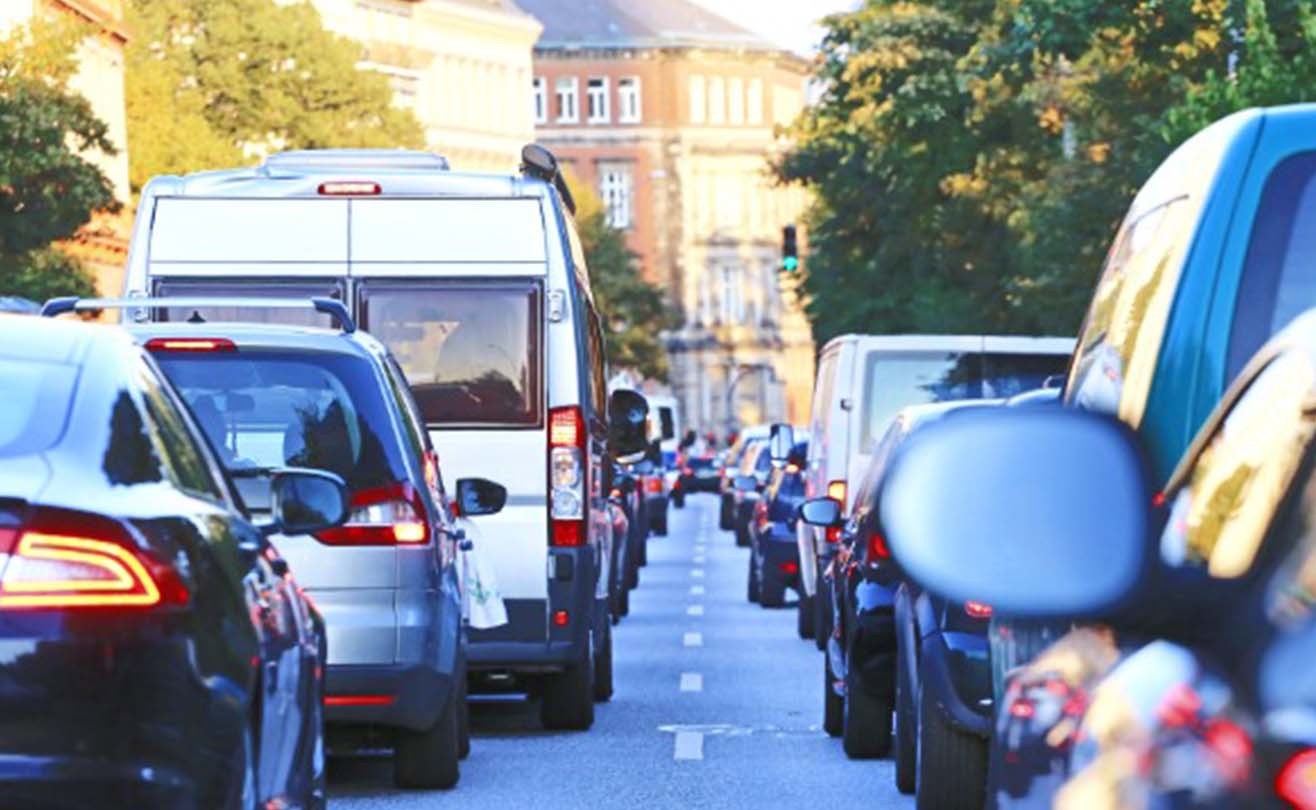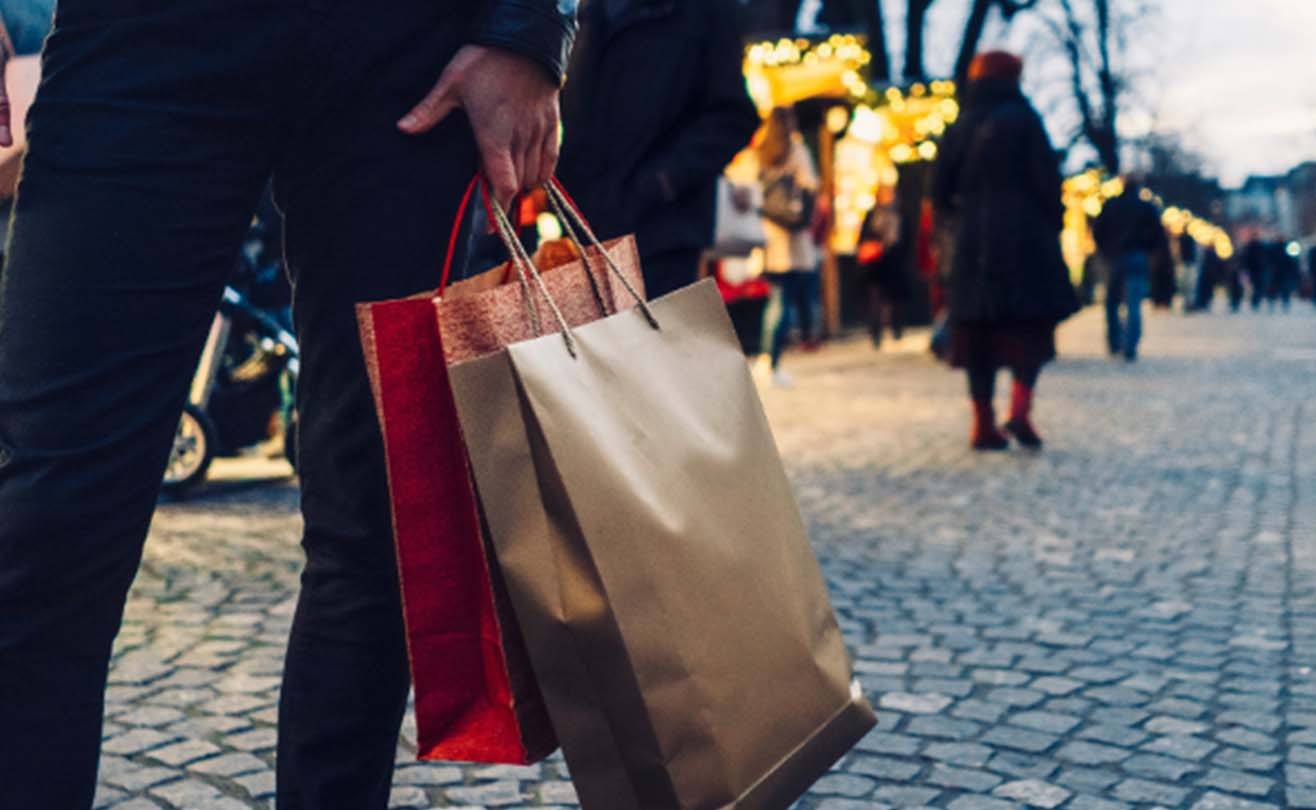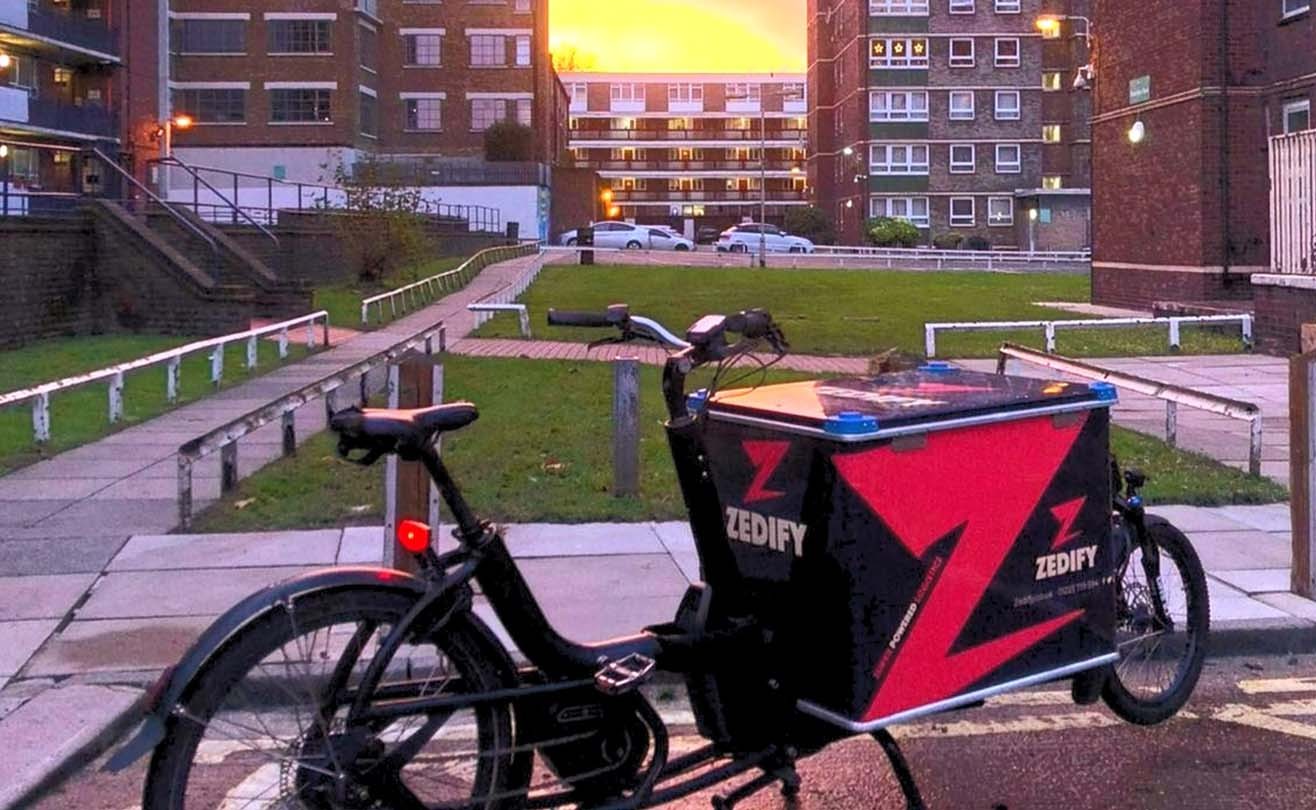What our gridlocked cities desperately need to give urban economies the best chance of a healthy recovery.

Being stuck in a traffic jam is never fun, but when you look at how much urban congestion saps from our cities’ productivity, it’s obvious that the problem goes a little deeper than that. It’s estimated that the UK lost £6.9 billion in 2019 on account of our gridlock problem. We know that pollution from idling cars and diesel vans are killing people, but also, in purely economic terms, it’s clear we’ve got to address the snail’s pace of urban mobility.
With traffic in major UK cities rocketing as Covid-concerned commuters abandon trains and buses, there’s a worry that congestion is only going to worsen. For businesses trying desperately to keep up with the demand placed on their delivery networks – caused by retail shifting online- inner-city logistics can be a costly nightmare. And that’s before Brexit is thrown into the mix. We’ve all read those headlines about Kent.
What this boils down to is a simple reality that our cities must adapt and be adapted. They must embrace better ways to carry goods and better infrastructure for active travel, which in turn helps to unblock our roads and clears the path to a healthier recovery, on all fronts.
The benefits of improving access to cycling are already well documented. By installing the equivalent space for cycle over car parking, local retail spend goes up five-fold; and retail spend is found to increase by 30% when streets are adjusted to support active travel. The Zedify approach to logistics (which utilises e-cargo bikes) complements this kind of urban adaptation. But we don’t just re-mode deliveries onto a cleaner vehicle: wherever possible, we also consolidate goods, maximising the reduction in vehicle trips.
Our city hubs act as gateways for national carriers delivering goods all over the city, packages going to similar areas are grouped together, further reducing the number of trips required. Research has shown that local consolidation of deliveries can produce remarkable results with one Southampton Hospital finding they could reduce in-bound deliveries from 867 a week, to just 25! Consolidation also brings welcome cost savings for businesses who are currently operating under a huge amount of pressure.
Like many businesses, Zedify has needed to quickly adapt to the pandemic and test new services and routes to market. One example has been the growth of our same-day service for local retailers. Working closely with independent city businesses, and also with platforms such as Clickitlocal, Zedify has helped get their goods delivered to residents in a simple and affordable way. We strongly believe the lessons from this pandemic can and must inform new models for increased support for local retail and sustainable urban logistics and that in doing so, we can support a faster and more robust recovery of our local urban economies.


 December 17th, 2020
December 17th, 2020 Harriet Hird
Harriet Hird 3 minute read
3 minute read

